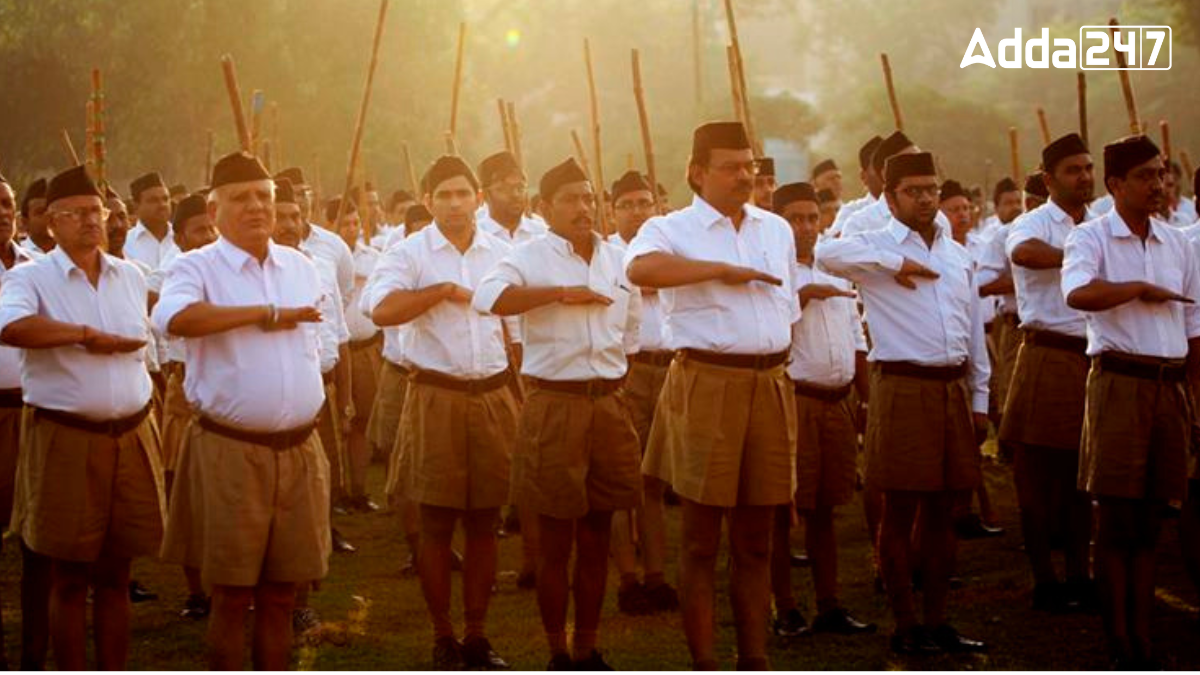The Rashtriya Swayamsevak Sangh (RSS) is an Indian organization that promotes Hindu nationalism. It was founded in 1925 by Keshav Baliram Hedgewar in Maharashtra. The RSS was formed due to unite Hindus and make them strong and disciplined. It is known for its culture and social activities and has influenced Indian politics, especially through the Bharatiya Jayanta Party (BJP).
Founder of RSS
Keshav Baliram Hedgewar, a physician from Maharashtra, started the RSS in 1925. He was inspired by Vinayak Damodar Savarkar, a Hindu nationalist thinker. Hedgewar wanted to create a strong Hindu society that could resist British rule and protect Hindu interests. The early members of the RSS were mostly Brahmins, and they focused on discipline and unity.
Leadership After Hedgewar
After Hedgewar passed away in 1940, Madhava Sadashiv Golawalkar became the leader. Later, Madhhukar Dattatray Deoras took over. Each leader helped expand the RSS and spread its ideology across India.
Structure and Organization of the RSS
The RSS works as a disciplined group with a strict hierarchy. A national leader controls the entire organization, while regional leaders manage local branches. The RSS believes in mental and physical discipline. Members take part in daily exercises, drills and training to build courage, strength and unity among Hindus.
Ideology of Hindutva
The RSS promotes Hindutva, which means “Hindu-ness.” It believes that India should be a Hindu nation and that Hindu culture should be preserved. The organization does not call itself political, but it supports Hindu nationalism. The RSS also respects Hanuman, a Hindu deity known for its strength and bravery, and used him as part of its initiation ceremony in its early years.
Role in Indian Politics
Although the RSS is not a political party, it has influenced Indian politics. Many leaders of the Bharatiya Janata Party, including Prime Minister Narendra Modi, have been members of the RSS. The organization helps shape the ideology of BJP leaders and supports their political vision.



 List of National and International Organ...
List of National and International Organ...
 Which District of Kerala is known as the...
Which District of Kerala is known as the...
 Which District of Kerala is known as the...
Which District of Kerala is known as the...








